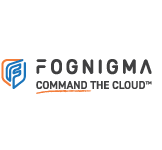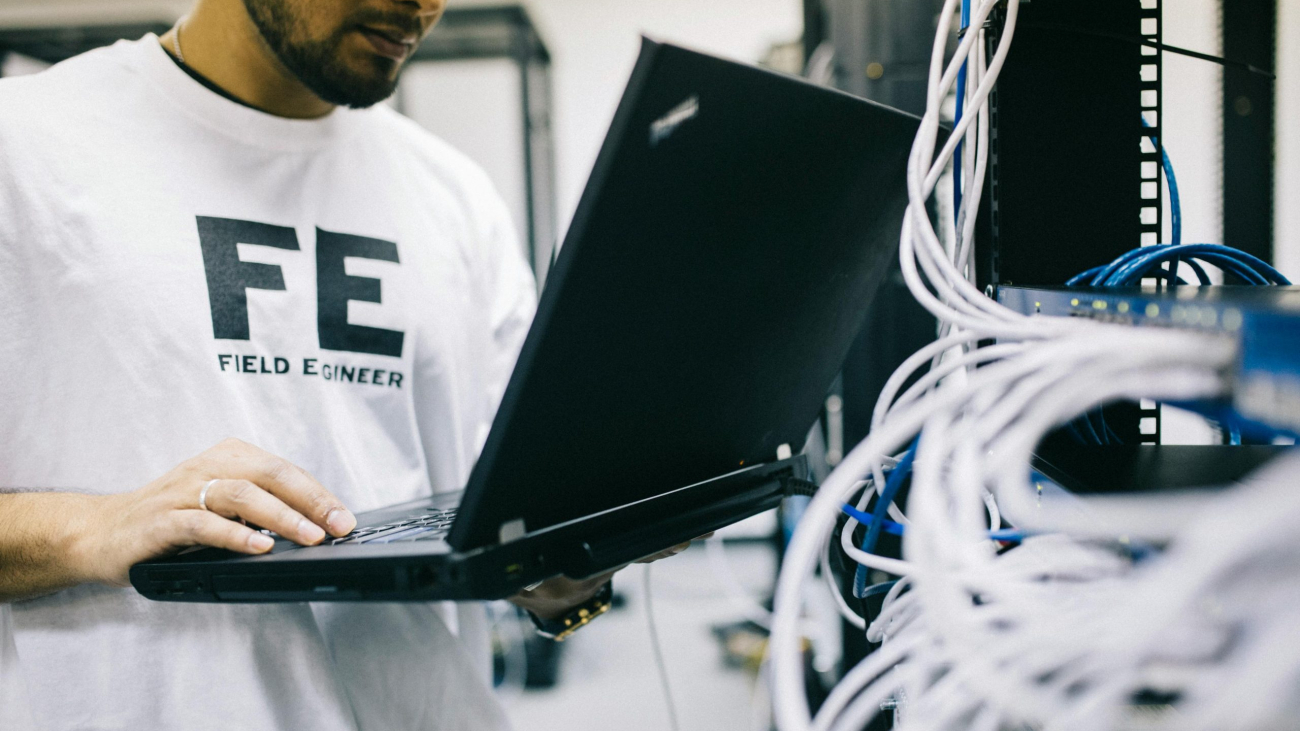Believe it or not, military departments also struggle with securing highly classified information from hackers and unauthorized users. With many departments working in remote settings, knowing how to secure file sharing is essential in today’s digital age. This blog will discuss how Fognigma can help with secure file sharing and basic knowledge of cybersecurity in remote military departments. Read on for more.
Challenges in Securing File Sharing for Remote Military Departments
There are a lot of challenges that can present themselves in remote military departments. One of them is having classified information stay classified. Also, it is important to manage when implementing secure remote file access or permissions with user authentication. A lot of times, there are people working in different time zones, and whenn they collaborate together, file sharing can occur. It’s important to protect against cyber threats like phishing attacks, malware, or other unauthorized scams so that you can share files safely. Make sure you also comply with government regulations and standards for protecting data because it’s different in a military field vs. a regular remote business environment.
The Role of Fognigma in Securing File Sharing
The good news is that there is a company that is completely familiar with secure file sharing in military settings, and its name is Fognigma. We offer software solutions that address common problems and challenges head-on so that a completely invisible network infrastructure is in use all the time.
Anonymous and Secure Access
We offer a service called Erebus Proxy for secure and anonymous access. It helps ensure users never access files from a server directly. Not even your own users need to know where the server is hosted, adding another layer of protection against human error and insider attacks.
Dynamic Access Controls
URLs can be generated to have specific user access. They can also be destroyed in just a few clicks. This feature is great for those who need a destination to download confidential information or just add another layer of security.
Intuitive Access Control
Administrators or IT managers can can be the ones to have total control of user access to confidential files and folders. This is done by permission assignments that can be configured in minutes by Erebus servers.
Encrypted Data Management
One of the first layers of security is usually using encryption for specific information or in this case files. This means the data within the code is altered to be protected. When it has this type of encryption, it can only give permission to the users stated to have access. It can also remove any access so certain users can no longer access this data.
Layered Network Security
There’s a way to have layered network security to have ultimate protection. Not only, are you making sure your passwords are hacker-proof, but you combine things like updated programs, advanced login information, dual-authentication, and other security services all in one so that it’s near impossible for hackers to no longer get into your system.
Utilizing Obfuscation Techniques
Obfuscation is a great network security technique that can mask data or a specific user through the transit of encryptions. It can also hop different IPs while sending communications through multiple networks. This way, it’s incredibly hard to access information when obfuscation scrambles users, locations, IP addresses, and other data. It makes users almost completely invisible and their data unusable to outside attackers.
Practical Use Case
Everyone’s heard of VPNs, but in this case, Fognigma can take virtual private networks (VPNs) to another level. We have a software solution that can create on-demand VPNs that are completely traceless. By using VMs leased from commercial cloud providers as Exit Points to the public internet, Fognigma allows your organization’s traffic to hide in the vast pool of IP addresses allocated to millions of people using the Cloud at any one time.
Best Practices for Secure File Sharing
After reading this, you may ask yourself, “What’s the safest way to file share?” Well, ensure all the communication channels you can access are encrypted. This means that data between voice calls, text messaging, group chats, and email must have encryption in place. Also, have your IT team consistently monitor and update all systems. This way, everything is protected against any and all of the latest vulnerabilities. Then, restrict access to outside users and regular security audits. These ways can make sure you’re rectifying potential threats earlier rather than later.
What Enables Secure Sharing and Access of Data and Devices?
File sharing is pretty self-explanatory in that it is the digital data exchange between two different parties or individuals. In this case, these files are usually military-related and can include images, documents, videos, and other data types essential for collaboration or communication. Unfortunately, because the military regularly works with sensitive information, they are more vulnerable to unauthorized leaks or access. To prevent this, you’ll need to make sure you follow all of our tips to remain confidential. So whether it’s sending highly classified documents or collaborating on a mission-critical project remotely, proper file-sharing methods are crucial for successful operations in the military.
Conclusion
Keeping things secure in remote military departments is tough and no easy job, but working with companies like Fognigma becomes extremely more manageable. Fognigma has worked with military departments for a handful of years, offering them security to their sensitive information as well as maintaining compliance with government regulations. Visit us on our website today and discover how we can help you secure your operations. Together, we can make your digital environment as secure as your physical one.


